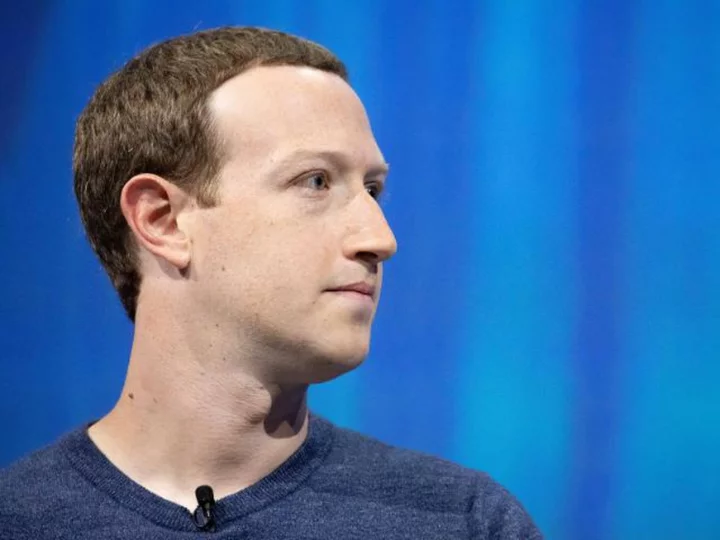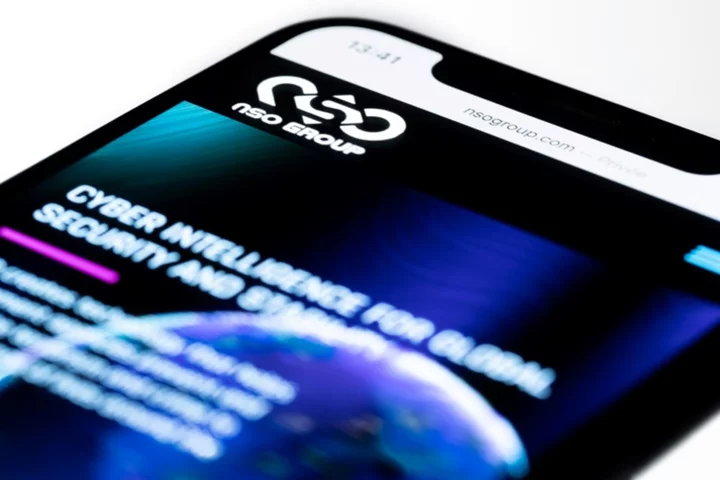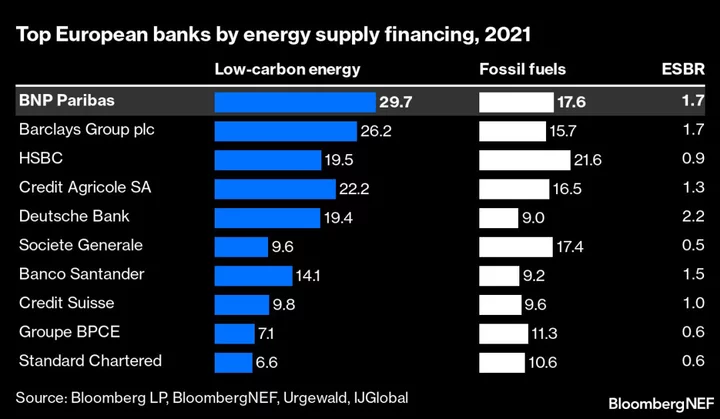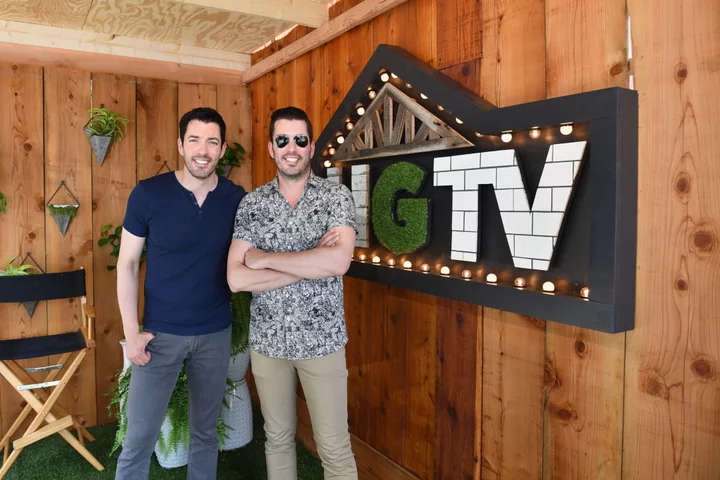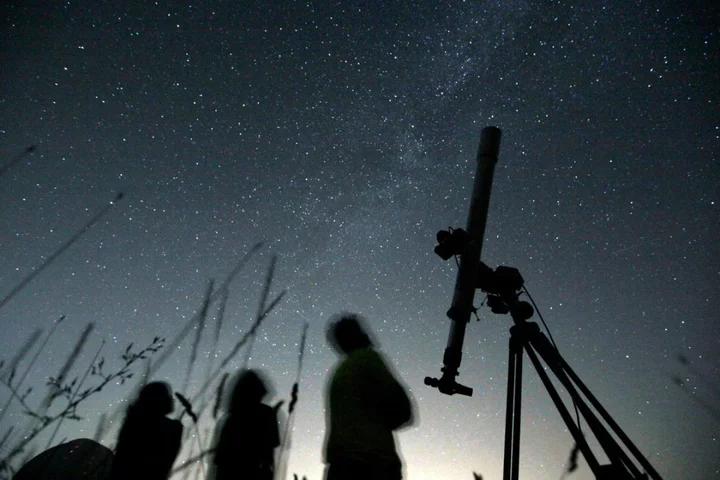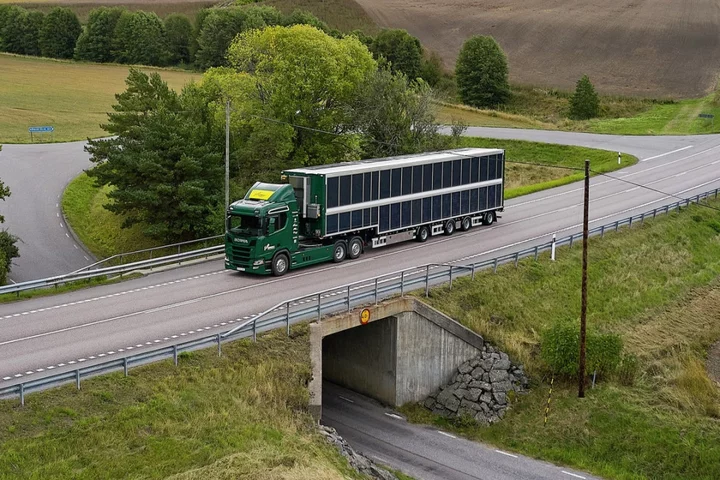When Mark Zuckerberg shared a photo on Instagram of his family on July 4, two things stuck out: the billionaire CEO wore a striped souvenir cowboy hat, and the faces of his children were replaced with happy face emojis.
Zuckerberg's post was promptly criticized by some who saw the decision to obscure the faces as a reflection of his privacy concerns for sharing pictures of his children online, despite his creating massive platforms that allow millions of other parents to do just that.
Meta, Instagram's parent company, has long been scrutinized over how it handles user privacy and for the way its algorithms can be used to lead young users down potentially harmful rabbit hoes.
But the choice also highlights a broader trend among some social media users, and particularly among high-profile individuals, to be more cautious in sharing identifiable pictures of their children online.
For years, celebrities from Kristen Bell and Gigi Hadid to Chris Pratt and Orlando Bloom have been blurring images or using emojis to help protect their kids' privacy on social media. Zuckerberg, too, had previously posted pictures of the back of his daughters' heads and their side profiles rather than showing their entire faces.
It's more rare for everyday users to take a similar approach — but perhaps it shouldn't be.
"By modeling for us that he was careful not to share his family's location or childrens' identities, he may be communicating that it is the end users' responsibility to protect themselves online," said Alexandra Hamlet, a New York City-based psychologist who closely follows the impact of social media on young users.
Meta did not respond to a request for comment.
Few things are as central to the parenting experience as showing numerous, possibly embarrassing, pictures of your children with anyone who will stop and look. But over the years, a growing number of parents and experts have raised concerns about the risks of sharing these pictures on social media, including the possibility of exposing kids to identify theft and facial recognition technology, as well as creating an internet history that could follow them into adulthood.
Some parents choose to either restrict how much they share about their kids or limit sharing to less public platforms. Others adopt more clever hacks like obscuring their children's faces.
Leah Plunkett, author of "Sharenthood" and associate dean of learning experience and innovation (LXI) at Harvard Law School, said blocking a child's face is a symbol that you're giving them control over their own narrative.
"Every time you post about your kids, you are chipping away at allowing them to tell their own stories about who they are and who they want to become," she said. "We grow up making mischief and more than a few mistakes and grow up better having made them. If we lose the privacy of teens and kids to play and explore, and to live and through trial and error, we will deprive them of the ability to develop and tell stories [on their own terms]."
Noticeably, Zuckerberg did not obscure the face of his infant daughter, which might suggest less concern with the risks for a baby's face than a young child. However, Plunkett said artificial intelligence technology can be used to trace a face's changes over time and may still be able to later connect any child, even a baby, to an image of them when older.
Plunkett believes social media companies can do more, such as offering a setting that automatically blurs kids' faces or prevents any picture with a child from being used for marketing or advertising purposes.
For now, however, the onus remains on parents to limit or abstain sharing photos of their kids online.
"It's not just parents -- grandparents, coaches, teachers and other trusted adults should also keep kids out of photos and videos to protect their privacy, safety, future and current opportunities, and their ability to figure out their own story about themselves and for themselves," she said.

